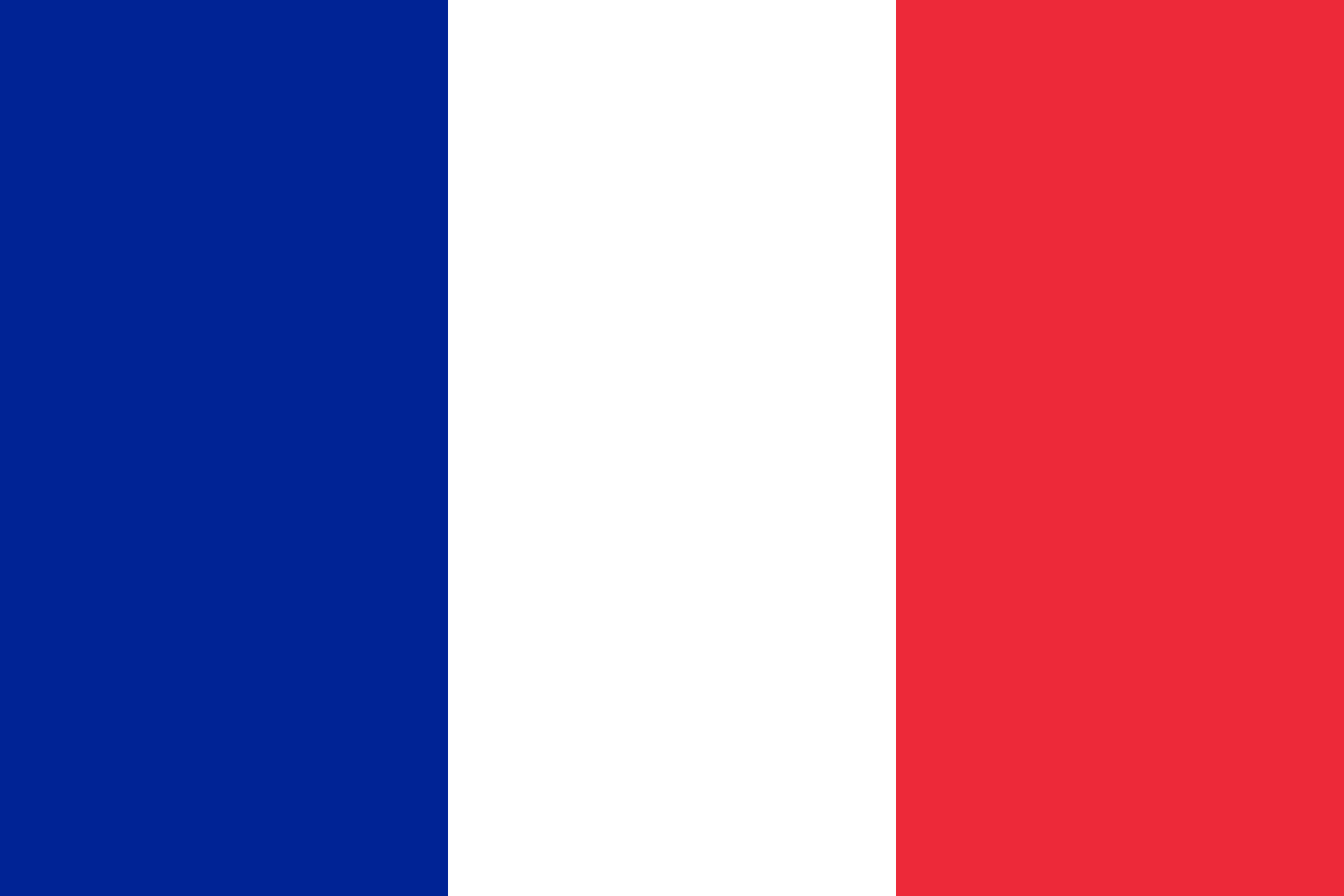2 February 2023
Asterix the Gaul
vs Pierre de Gaulle.
By Neil Tidmarsh

There was a striking and ironic juxtaposition in The Times last Monday.
On page 31, Adam Sage (The Time’s man in France) wrote about France’s national hero, Asterix the Gaul, the plucky comic-book warrior leading resistance against the Roman invasion of Gaul. In a series of more than 35 books, Asterix and his little village of freedom-loving Gauls manage to hold out against the full might of the cruel, tyrannous and slave-driving Roman empire, defying Julius Caesar and his unprovoked attack on their innocent homeland.
The Times points out that these “valiant characters were created at a time when the bitter memory of Nazi occupation of France was still fresh”. Asterix, no doubt, represented Charles de Gaulle’s spirit of resistance. But there’s a more current and obvious parallel to be made. Asterix’s village is France’s mythical Ukraine moment: Gaul has been invaded by Rome, just as Ukraine has been invaded by Russia; the village is bravely but desperately holding out against huge odds, just as Kiev is bravely but desperately holding out against huge odds; the canny and charismatic Asterix stands in for the canny and charismatic Zelensky, and the punchy heavyweight Obelix stands in for the punchy heavyweight Vitali Klitschko.
Adam Sage doesn’t make this parallel (his article is simply about a new Asterix movie – Asterix & Obelix; The Middle Kingdom – set in China and released in France this week). But it’s hard to avoid, especially given the coincidental appearance of another article from France on the opposite page which (however accidentally or unintentionally) brutally knocks the stuffing out of the Asterix fantasy more effectively than Caesar’s legions ever could.
The article on page 30 was by Charles Bremner (The Time’s man in Paris), telling us that “the grandson of Charles de Gaulle has emerged as a supporter of President Putin”. In interviews with Le Parisien and other news sites, Pierre de Gaulle “said the United States was responsible for the Ukraine war and Russia was the victim”. The war has been “provoked by the US to turn Europe into a vassal” M. de Gaulle claims. America is playing an “evil game” and “has managed to use the Ukrainian crisis to destabilise Europe.”
Never mind that Ukraine is the innocent victim, a country internationally recognised – even by Russia (in the Budapest Memorandum of 1994) – as independent and sovereign. Never mind that it’s Putin’s Russia which is responsible for the Ukraine war, and playing an evil game, and destabilising Europe. Never mind that the United States is riding to Europe’s rescue at great cost to itself just as it did in 1914-18 and 1939-45; that it’s helping Ukraine because it knows that Russia’s war against freedom and democracy there threatens those values in the USA’s other western allies; that it saved France’s bacon more than once in the previous century and so France owes it a great debt of gratitude. Never mind that Putin himself claims (see BBC2’s Putin vs the West, broadcast this week) that it was the French/German-led EU, rather than the US-led Nato, spreading its influence into Ukraine which he found so hard to swallow.
“M. de Gaulle’s view is fairly widespread in France” Charles Bremner tells us, “and has caused little shock” there. “Sympathy for Putin” is particularly rife in French intellectual circles, he says, citing the success of the novel Le Mage du Kremlin (The Wizard of the Kremlin) by Giuliano da Empoli, which has become a critically-acclaimed best-seller and the winner of the 2022 Académie française literary prize, in spite of being “Russian propaganda” (according to various Russia experts) which “casts Putin in a falsely favourable light”.
Asterix himself would be appalled that his fellow countrymen should support a war-mongering and powerful tyrant against an innocent and freedom-loving underdog. Given M. de Gaulle’s views and the widespread approval they apparently enjoy in France, imagine what kind of reception Asterix would receive from some of his own compatriots today if he could climb out of his comic strip and into a time machine and appeal to them for help and support. “Well, it’s your own fault” they’d say. “You shouldn’t provoke the wrath of Rome with your ideas of freedom and fair-play. I can’t blame Caesar for reacting against your blatant threats. He’s simply defending himself. No, I’m with Caesar and Rome on this one. They’re the victims here. So why should we give you swords, spears, horses and chariots? I’m regularly on the phone to Caesar and I believe every word he says.”
Mind you, to be fair, it’s been a very confusing week for France, the French and Frenchness.
First of all, the global news agency Associated Press warned its writers against using the term “the French”, claiming that it’s as dehumanising and insulting as such insensitive generalisations as “the disabled” (rather than the apparently more specific and sensitive “disabled people”) or “the deaf” (rather than the apparently more specific and sensitive “deaf people”). But what to use instead? “French people”? “Frenchness”? Gallic wit was soon mobilised against this absurdity: the 1971 movie starring Gene Hackman was renamed The Connection with Frenchness; French diplomats in Washington posted a picture of their embassy captioned ‘Embassy of Frenchness in the US’.
But then even the use of the word ‘Frenchness’ came under fire. The French movie star Eva Green explained her stream of rude and abusive text messages by saying “it’s my Frenchness coming out sometimes”. Cue understandable outrage back in the land of her birth.
And then President Macron declared that his countrymen should be able to retire at least one year earlier than workers in other developed countries, perhaps even two years earlier (any more than that would be unsustainable, of course, and likely to bankrupt any country which insisted on it). And the reaction? Cheers and applause? No, the whole country went on strike and millions marched in protest against his suggestion.
Macron himself has much in common with Asterix – short in physical stature but a giant as leader of his people, brave and determined in a fight against the odds for the good of his country. The genius creators of Asterix – René Goscinny and Albert Uderzo – would be dismayed to know that so many of their countrymen, although addicted to the fantasy of Asterix, are nevertheless reluctant to support Asterixes such as Zelensky and Macron in real life.
But as humourists, Goscinny and Uderzo might find the irony of it somewhat amusing.


